Pirojpur , Jan 25 (V7N) - Once a crucial means of communication, rivers in the southern region have been under threat for years, with environmental issues worsening as canals, reservoirs, and riverbeds fill up. These rivers once provided support for agriculture, soil fertility, and the creation of settlements, but as they die, so do the communities that rely on them.
Research has shown that rivers in the southern region are rapidly filling with silt, reducing water flow and navigability. While natural causes such as erosion due to rainfall are contributing factors, human activities like building unplanned dams, residential structures, factories, and dumping sewage are worsening the situation. The Shapana Dam, for example, has blocked small canals and reservoirs, reducing the ability of water to flow naturally during tidal changes.
The southern region, primarily made up of alluvial soil, is particularly vulnerable. Fast-moving rivers bring sediment during the rainy season, causing erosion on riverbanks, further exacerbated by deforestation. Dams, bridges, and other developments have obstructed the natural flow of water, causing sediment to accumulate at the river mouth and creating new sandbars or "chars."
The consequences of these disruptions are far-reaching. During the rainy season, blocked rivers lead to flooding, while in the dry season, reduced water levels disrupt navigation, agricultural irrigation, and fish farming. The storage capacity of natural water reservoirs is shrinking, affecting water supply in cities and contributing to environmental degradation.
To address these issues, it is essential to dredge rivers and water bodies to restore navigability, remove encroaching structures, and promote environmentally friendly development projects. Strict enforcement of environmental laws and efforts to reduce groundwater use are necessary, as well as providing fair water-sharing agreements for international rivers like the Ganges and Brahmaputra.
Investigations have revealed that political corruption and bureaucratic delays have prevented the removal of harmful dams and the restoration of river channels. As a result, the rivers continue to suffer, and the environment and livelihoods of the people are at risk. There is an urgent need for coordinated efforts by government agencies, NGOs, and local communities to protect and restore the rivers. Strict legal measures should be taken against the culprits to ensure the survival of these vital waterways.
END/RKS/RH/



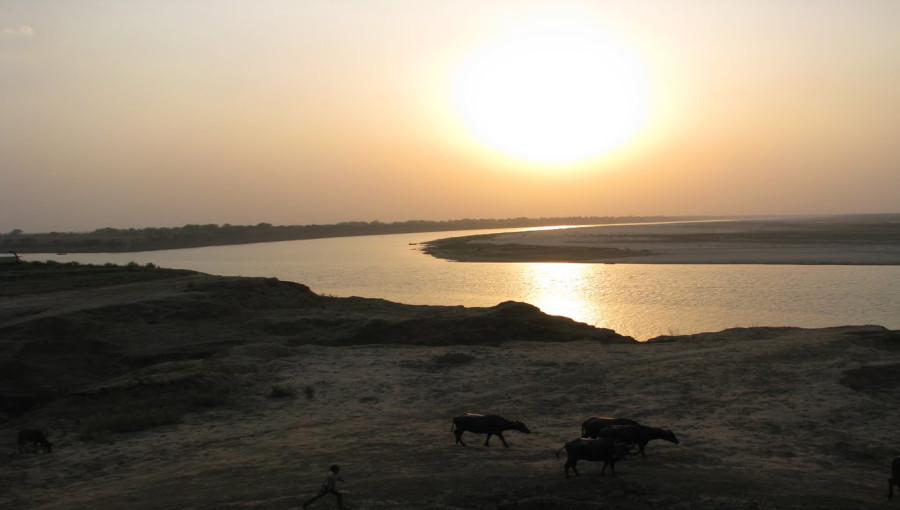

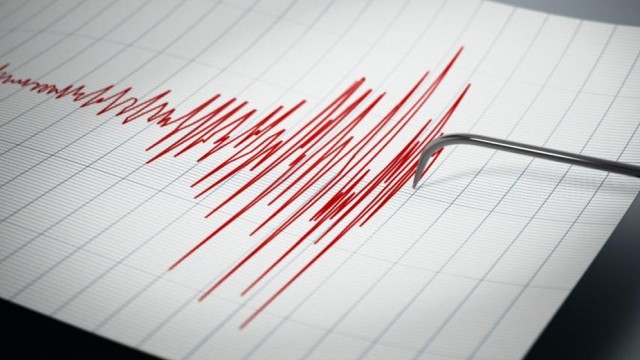
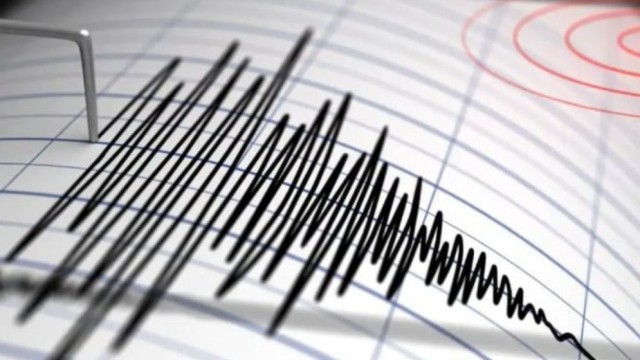
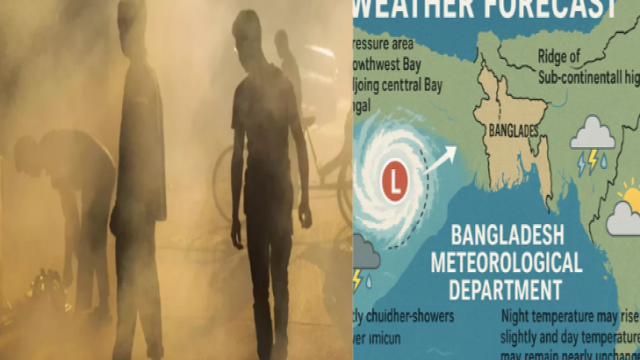
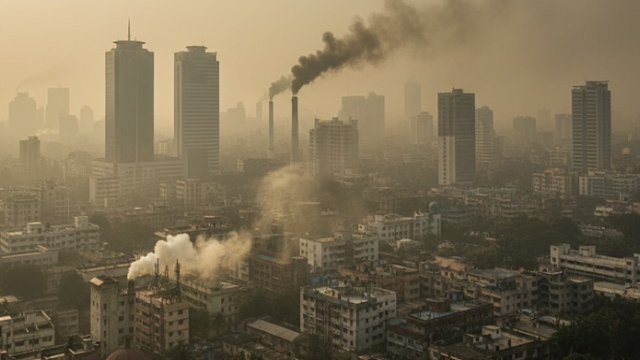



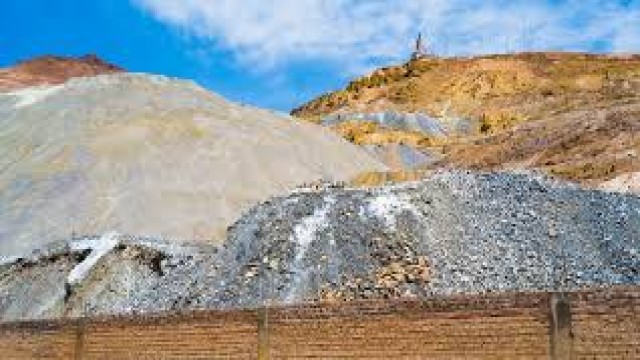



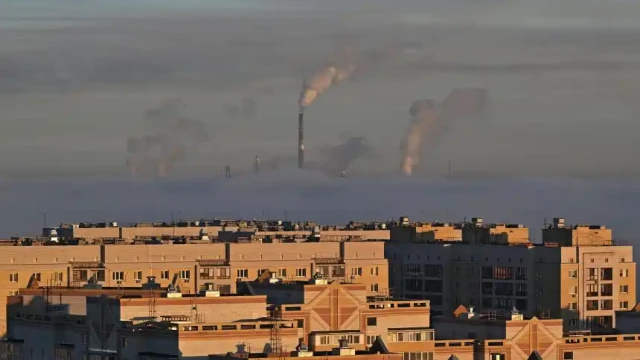














Comment: